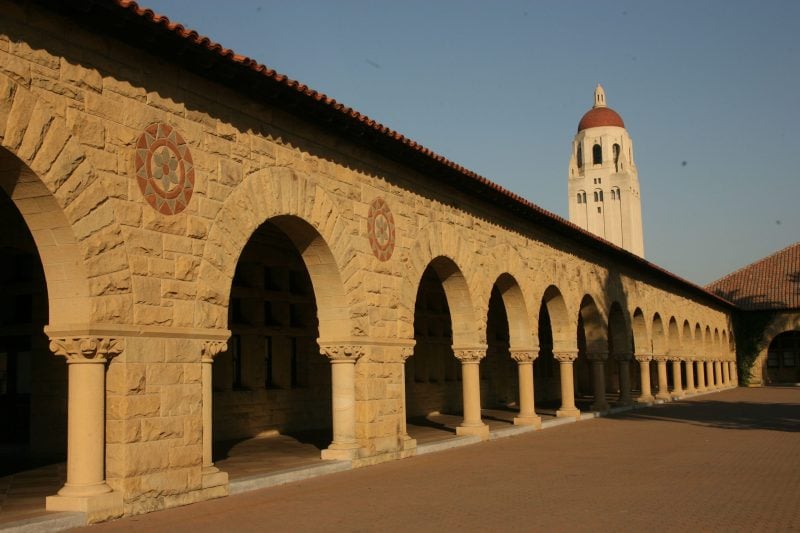Former visiting Stanford researcher Chen Song now faces expanded charges that include “visa fraud, obstruction of justice, destruction of documents and false statements,” according to a Feb. 21 statement from the U.S. Department of Justice (DOJ).
Song was conducting neurology research at an unnamed Stanford professor’s lab when she was charged with visa fraud in a criminal complaint filed on July 17 last year. In her J-1 visa application, Song wrote that she no longer served in the People’s Liberation Army (PLA) — the Chinese military — despite allegedly being actively employed when she submitted her application in Nov. 2018. Song allegedly was still a member of the PLA when she entered the United States.
According to the DOJ statement, Song now faces charges of obstructive conduct after she allegedly attempted to delete files containing records related to her military service and visa fraud from her external hard drive.
Song also faces a false statement charge. When interviewed, Song allegedly lied to FBI agents about her involvement with the PLA and her association with the Air Force General Hospital. She is also accused of selectively deleting emails containing information on her military service, employment and affiliations after the initial criminal complaint was filed.
“We have been and are continuing to cooperate with authorities in the Chen Song case,” University spokesperson E.J Miranda wrote in a statement to The Daily. “This is an ongoing criminal matter and we cannot make any further comments.”
If convicted, she faces up to 20 years in prison and a fine of $250,000 for her obstruction and alteration charges, up to 10 years in prison for the visa fraud charge and up to five years for the false statements charge. The DOJ statement emphasizes growing concerns of foreign influences on American research and development.
“Dr. Song is a physician. She was here to do medical research that would have benefitted stroke victims in the United States had she been allowed to complete her work,” Song’s attorney Edward Swanson wrote to The Daily. “Nothing she did at Stanford was illegal.”
“We will exhaust all investigative techniques and measures to ensure the safety, security, and hard work of American universities,” Special Agent Craig Fair said in regards to Song’s case.
Song is scheduled to appear at a pretrial conference on April 7, and her trial is scheduled to begin on April 12.
